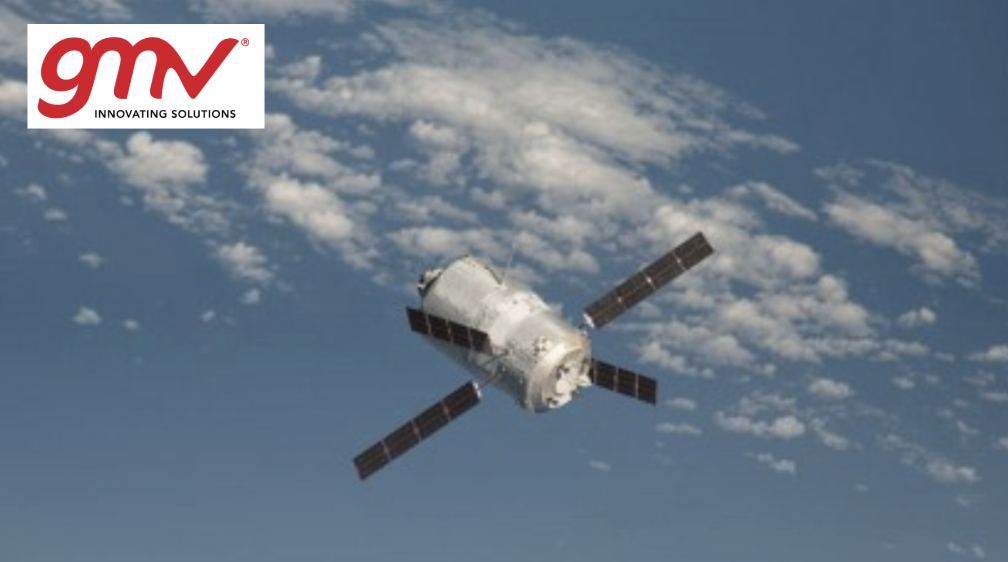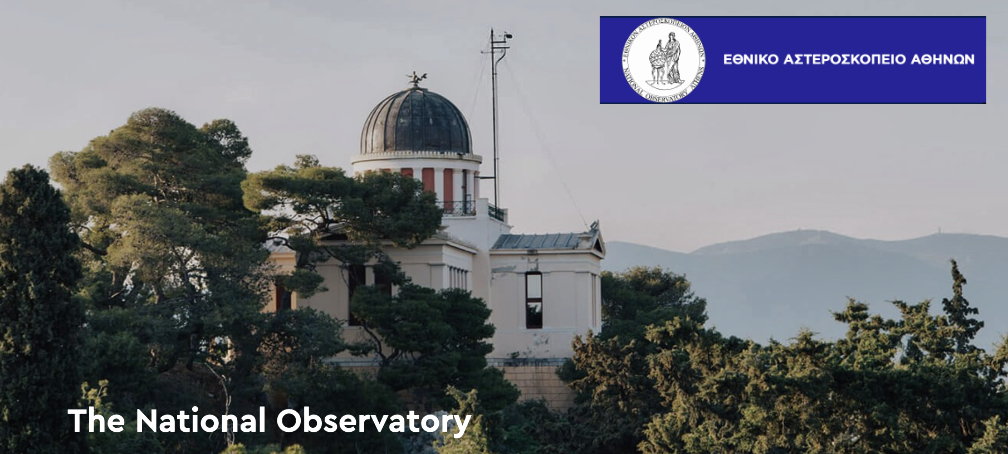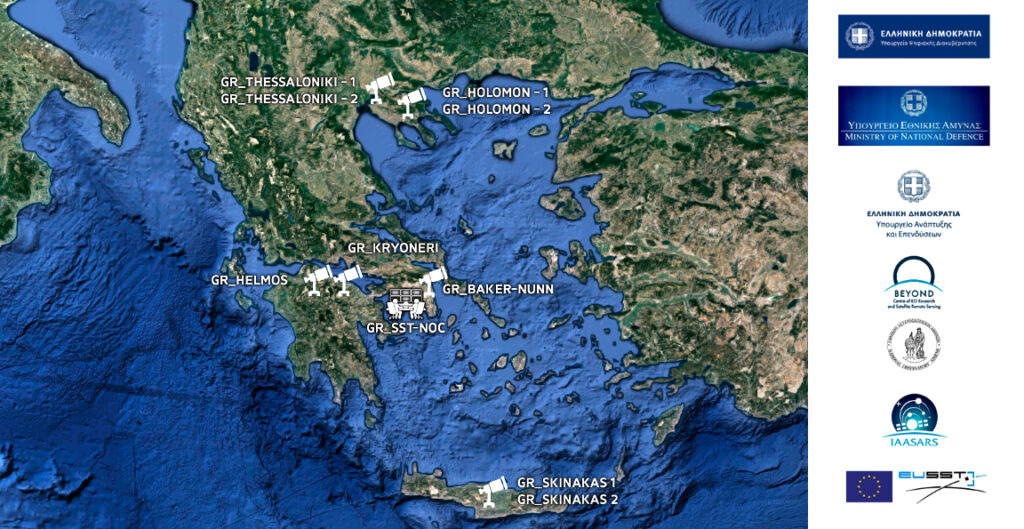
The National Observatory of Athens (NOA), supported by the Ministry of Digital Governance of Greece – General Secretariat of Telecommunications & Posts, awarded a contract to GMV to supply the core software as a complement to the existing national SST capacity to run the Greek Space Surveillance and Tracking and Space Awareness (SST/SSA) Program.

The system comprises an operations center, the GR SST NOC, located in Athens at the Operational Unit BEYOND/NOA, and a network of optical telescopes in locations throughout the country, referred to as GR-KRYONERI 1, GR-SKINAKAS 1, GR-THESSALONIKI 1&2, GR-HOLOMON 1&2, and GR-BAKER NUNN to support space tracking and survey operations.

It will use GMV’s state-of-the-art COTS software for SST (FocusSST) to support the core processing infrastructure. This includes SST capabilities and functionalities such as sensor tasking, orbit determination, collision avoidance, re-entry prediction (in the operations center), and optical data astrometrics and photometric reduction (in each of the network’s telescopes).
To foster the development of an SST capability in Europe, the EU established in 2014 (through decision No. 541/2014/EU of the European Parliament and of the Council of April 16, 2014) a Framework for Space Surveillance and Tracking Support. This Support Framework aims to develop an independent SSA/SST capability in Europe by EU SST.
Since then, the incipient national SST capabilities in the countries within the EU SST consortium (France, Germany, Italy, Spain, and the UK since 2016, as well as Poland, Portugal and Romania since 2019; the UK left the consortium in 2021 post-Brexit) have been federated in a coordinated manner: EU SatCen acts as the front desk for the SST services provided by the EU SST consortium.
In November 2022, this EU SST consortium was enlarged to what is known as the EU SST partnership. This partnership, already foreseen in the Regulation (EU) 2021/696 of the European Parliament and the Council of April 28, 2021 (the EU Space Regulation), integrates eight new member states: Austria, the Czech Republic, Denmark, Finland, Greece, Latvia, the Netherlands, and Sweden.
Being one of these new members of the EU SST Partnership, Greece has been mandated to contribute to the EU SST system with the capabilities of its national SST system, described above. Both the Spanish and Romanian branches of GMV will be involved in the activity, working with teams in Madrid and Bucharest.
With this new project, GMV strengthens its position in Space Surveillance and Tracking (SST). All in all, more than 100 GMV engineers currently work at GMV on SSA/SST activities in seven European countries, making it the largest SSA/SST industry and team in Europe.
GMV works in this field for the EU SST (in Spain, France, Germany, Romania, Poland, and Portugal), for ESA (in addition to the previous list, from the UK), as well as in the commercial sector (providing collision avoidance services to more than ten operators and more than 80 satellites through its Focusoc operations center) and in the military domain.
